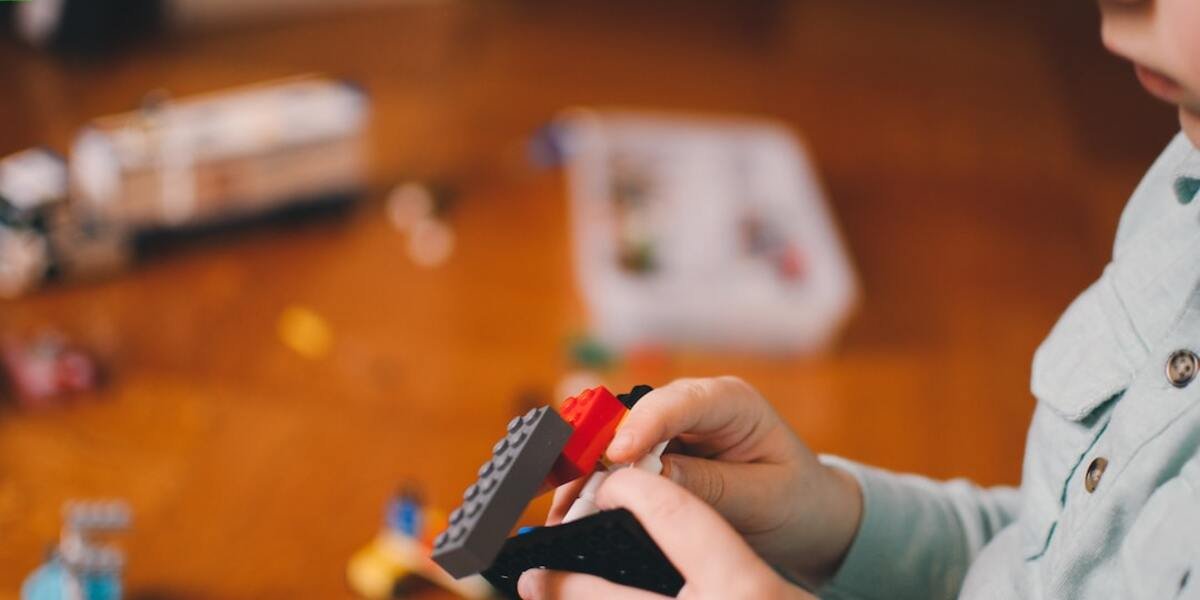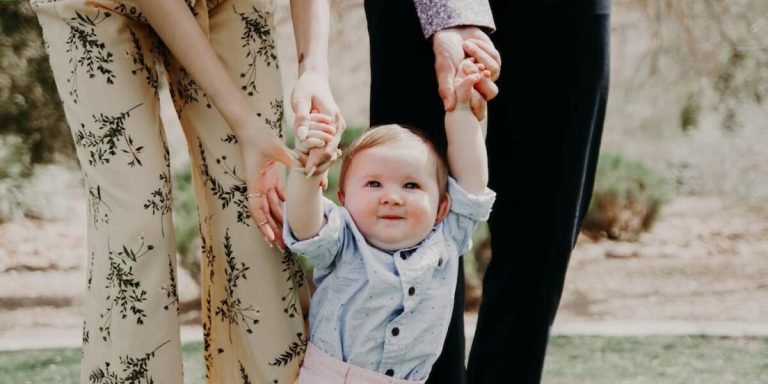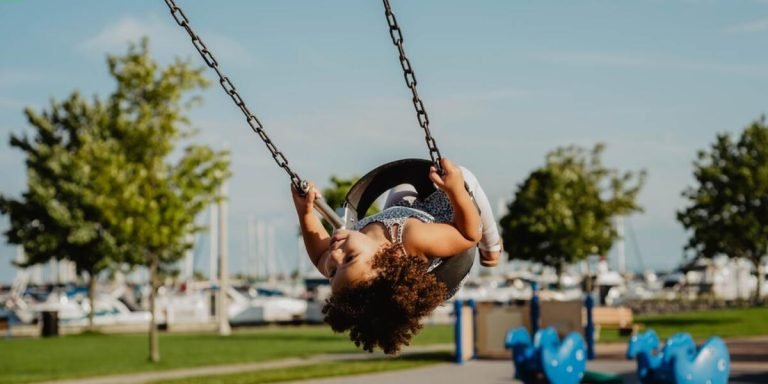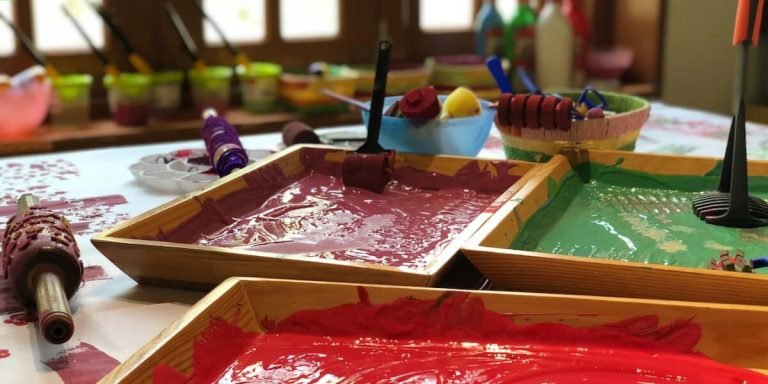Kindergarten Schools: A Progressive Approach to Early Childhood Education
Education in early childhood plays a crucial role in shaping the cognitive, social and emotional development of children. Kindergarten schools have emerged as pioneers for establishing these foundational blocks that contribute greatly to future academic success. These institutions lay down an extensive path of learning opportunities, aiming to turn every child into an active thinker.
The progressive approach adopted by kindergarten schools is much more than just daycare or play-based education; it’s about ensuring holistic growth through planned activities centered around exploration and discovery. Attending such educational platforms prepares your little one significantly by sparking their curiosity while developing essential skills required later on during elementary schooling years.
Did you know?
Did you know, kindergarten schools were first established by Friedrich Froebel in Germany during the 1840s? His progressive approach originated from his belief that “play” serves as a key learning element for young children.
Understanding the Role of Kindergarten Schools in Early Childhood Development
Kindergarten schools play an exceptionally crucial role in the early childhood development of a child. Unlike traditional perceptions, Kindergarten is not just about colours or crafting with glue and scissors. Instead, it’s that essential platform that caters to the social-emotional growth and cognitive learning abilities of young children.
Today, as we stand in 2023, many modern kindergarten schools even integrate technology-enhanced methodologies into their teaching paradigms.
The impact these institutions imprint on a child’s cognitive terrain are multi-layered. Children begin to perceive patterns more discerningly; they develop basic numerical skills alongside broadening vocabulary horizons – all nestled within engagingly delightful games and activities which turn education enjoyable rather than mundane routine work. The structured programs offered by such educational institutes succinctly pace each segment for optimal assimilation without straining tender minds.
Furthermore, nurturing environments provided at these kindergartens promote inclusivity encouraging active participation from every student irrespective of individual differences or backgrounds—an ideal setting fostering equality values early on among learners while polishing soft skills concurrently beside scholastic achievements—indeed signifies how kindergarten schooling shapes future generations since this phase marks the onset of formal education influencing attitudes towards lifelong learning.
The Importance of Play-Based Learning in Kindergartens
Play-based learning is a core component of teaching in many successful kindergarten schools. It’s a well-researched and universally accepted pedagogical approach that can significantly impact early childhood development. In 2023, the concept remains an essential cornerstone in shaping young minds, fostering creativity and developing social skills.
Kindergarten schools championing play-based learning recognize its power to stimulate children intellectually while remaining engaging and fun. Play provides youngsters with the opportunity to understand their environment better through hands-on experiences – like building blocks or role-playing games – which are fundamental for cognitive growth.
The benefits of such activities extend beyond just intellectual enhancement; they also cover physical development. Kindergartens often feature equipped playgrounds where kids exercise muscles they ordinarily wouldn’t use sitting at desks all day or staring at screens at home—a critical consideration amidst rising global obesity rates among children in recent years.
Another valuable offshoot of play-based learning is emotional maturity: when participating in group plays, youngsters learn crucial socio-emotional lessons—sharing, cooperating with peers, resolving conflicts civilly—that become useful lifelong tools for navigating relationships later on as adults.
Not forgetting language acquisition either! Role-play scenarios especially offer excellent platforms for kindergarteners to expand their vocabulary by interaction—an organic way proven more effective than traditional rote-learning methods generally used elsewhere.
Key Milestones Achieved in Kindergarten Curriculum
Kindergarten schools have transcended their conventional role of being mere platforms for teaching children to read, write and count. In fact, they lay the foundation stone in your child’s early childhood development process by achieving key milestones through a carefully constructed curriculum.
Firstly, kindergarten schools play an integral part in enhancing cognitive skills among young learners. With tailored activities like puzzles or picture-books reading sessions that facilitate critical thinking and problem-solving abilities, kindergartens take lead on building independent thinkers from such an early age.
Another significant milestone achieved through kindergarten education is social-emotional growth. Children interact with peers from diverse backgrounds during group projects or play times which teaches them about friendship, empathy and teamwork- essential life lessons not found in textbooks but within the nurturing confines of these institutions.
Language acquisition forms another important component of what kids gain at this stage. By listening to teachers’ instructions or participating in storytelling exercises daily learning becomes a fun activity reinforcing vocabulary strengthening without even the youngsters realizing it!
Navigating the Different Types of Kindergarten School Programs
The landscape of early childhood education has seen dramatic changes over the years, with various types of Kindergarten school programs available. As a parent or educator in 2023, it’s important to understand these differences for an informed choice that best suits your child’s learning needs and style.
Kindergarten schools no longer follow one-size-fits-all approach. Instead they offer diverse curriculums such as Montessori method which fosters independence through self-directed activities or Waldorf program emphasizing on creative play. There are also Reggio Emilia inspired kindergartens focusing on experiential learning by exploring environment and interactions.
All these varieties have advantages depending on how they align with your child’s personality traits and cognitive development stages – an extroverted child may thrive better where teamwork is encouraged whereas introverted kids will find comfort in settings providing individual focused attention.
In conclusion, making sense out of different types of Kindergarten school programs doesn’t have to be overwhelming; armed with knowledge about what each offers coupled up with understanding your youngster’s disposition can make decision-making easier than ever during this critical stage in early childhood education.
Exploring Montessori vs. Traditional Kindergartens
Every parent wants the best for their child, especially when it comes to education. Two kindergarten programs that often go head-to-head are Montessori and Traditional Kindergarten schools. Understanding these two types of school is crucial in making an informed choice.
Montessori kindergartens operate on a method pioneered by Italian educator Maria Montessori over a century ago. These kindergartens encourage self-directed learning, freedom within limits, and multi-age classrooms where kids learn from each other rather than direct instruction from teachers.
Key red flags about traditional teaching methods have been raised due to the emergence of research-based practices like differentiated instructions or individualized instructions prominent in most Montessori institutions today but scarce in conventional settings.
Benefits of Language Immersion Programs for Young Learners
Language immersion programs at kindergarten schools offer immense benefits to young learners, particularly in their early years of education. When children are exposed to multiple languages from an early age, it aids not just linguistic development but overall cognitive growth as well.
Studies have shown that kids enrolled in language immersion programs tend to develop better problem-solving abilities and enhanced cultural sensitivity. They learn how the world is interconnected through languages, fostering a global perspective in them.
2) Boosts Academic Performance: Studies suggest there’s a strong quantitative link between second-language learning and improved mathematical and reading abilities. This boosts academic performance holistically across diverse subjects beyond just linguistics!
3) Fosters Cultural Understanding: A bilingual or multilingual environment introduces young minds not only to new tongues but also cultures intertwined with these languages promoting empathy towards diversity at kindergartenschools.
5.) Provides Future Opportunities : By gaining fluency or basic knowledge about other countries’ speech codes at an impressionable age makes your child stand out thereby opening up future opportunities for him/her globally during adulthood .
Preparing Your Child for Success in a Kindergarten Setting
Preparing your child encompasses various aspects such as enhancing social skills, fostering emotional intelligence and encouraging cognitive growth. This preparation not only eases the transition but also cultivates a love for lifelong learning.
Stepping into kindergarten involves adapting to new schedules, routines, relationships with peers and teachers which can be overwhelming for little ones initially. However, with proper guidance at home coupled with strong support systems at school; children tend to adjust swiftly thus making the most out of their kindergartens years- often regarded as the formative period of young minds.
By helping them gain basic knowledge like number recognition or alphabet familiarity before schooling commences will ensure they stride confidently on this path instead of struggling behind others right from day one.
Creating consistent reading habits priorly plays instrumental role too because clearer understanding about phonics gives intuitive ideas when words start blossoming during classroom sessions.
To summarize – nurturing essential skills beforehand aids your toddler’s smooth navigation through initial educational journey without feeling lost amidst unfamiliar surroundings.
Essentially we ought to remember while preparing our youngsters: A sturdy base leads towards stronger buildings—hence plan wisely today keeping future implications in mind!
Essential Skills Fostered by Quality Early Education Institutions
Early education institutions, particularly kindergarten schools, play an integral role in shaping a child’s future. They foster the development of critical skills that prepare children for long-term success both acadically and socially. Let’s delve into some of these essential skills developed through quality early childhood education.
The first few years are crucial for cognitive development as it is during this period where fundamental concepts related to language, mathematics and science take root. Quality Early Education Institutions expose kids to games and activities designed around letters, numbers or patterns which aid their cognitive growth.
Interaction with peers under guided supervision helps children develop emotional intelligence at kindergarten schools. Understanding feelings- their own and others’- learning about cooperation while playing team-based games go a long way in building strong social bonds along with confidence.
Children gain control over large muscle groups by engaging in physical exercises such as running or jumping; likewise enhancing fine motor-skills like holding crayons can be achieved via drawing or painting sessions commonly encouraged within kindergartens’ daily schedules.
Artistic endeavours including craft-making projects promote creativity amongst youngsters while also aiding physical dexterity simultaneously.
Strategies to Ease the Transition into Structured Classroom Environments
Kindergarten schools mark a major transition for young children from a less-structured preschool environment to a more structured learning atmosphere. As parents and educators, we play a critical role in smoothing this transition and easing any associated anxieties. Here are some tested strategies we can use:
1. Introduce Routine Early: Children get accustomed quickly to routines when introduced early at home before they start kindergarten schools.
2. Create Familiarity with School Environment: Arrange visits or virtual tours of their prospective school so your child will know what to expect in terms of classrooms, play areas, etc.
3. Promote Social Skills: Encourage interaction with peers through group activities or park visits even prior joining kindergartens as it would help them adapt easily once there.
4.Transform Learning into Fun Activity: Use games or innovative teaching methods-to teach basic stuff like alphabets,numbers , which makes them look forward towards attending school .
Conclusion
In the modern landscape of childhood education, kindergarten schools are truly our resident superheroes. They have proven to be a progressive strategy in shaping young minds, equipping them with skills that build not just academic prowess but life-long learners. With their holistic approach combining learning and play, they set an enriching groundwork for children’s intellectual growth.
So parents and educators alike – stick around! Our website is teeming with useful information essential for your journey through early childhood education. Dive deeper into our resources; learn more about nurturing curious little explorers right from kindergartens schools or simply share stories on navigating these exciting terrains with other like-minded individuals as we continue transforming lives one child at a time.







